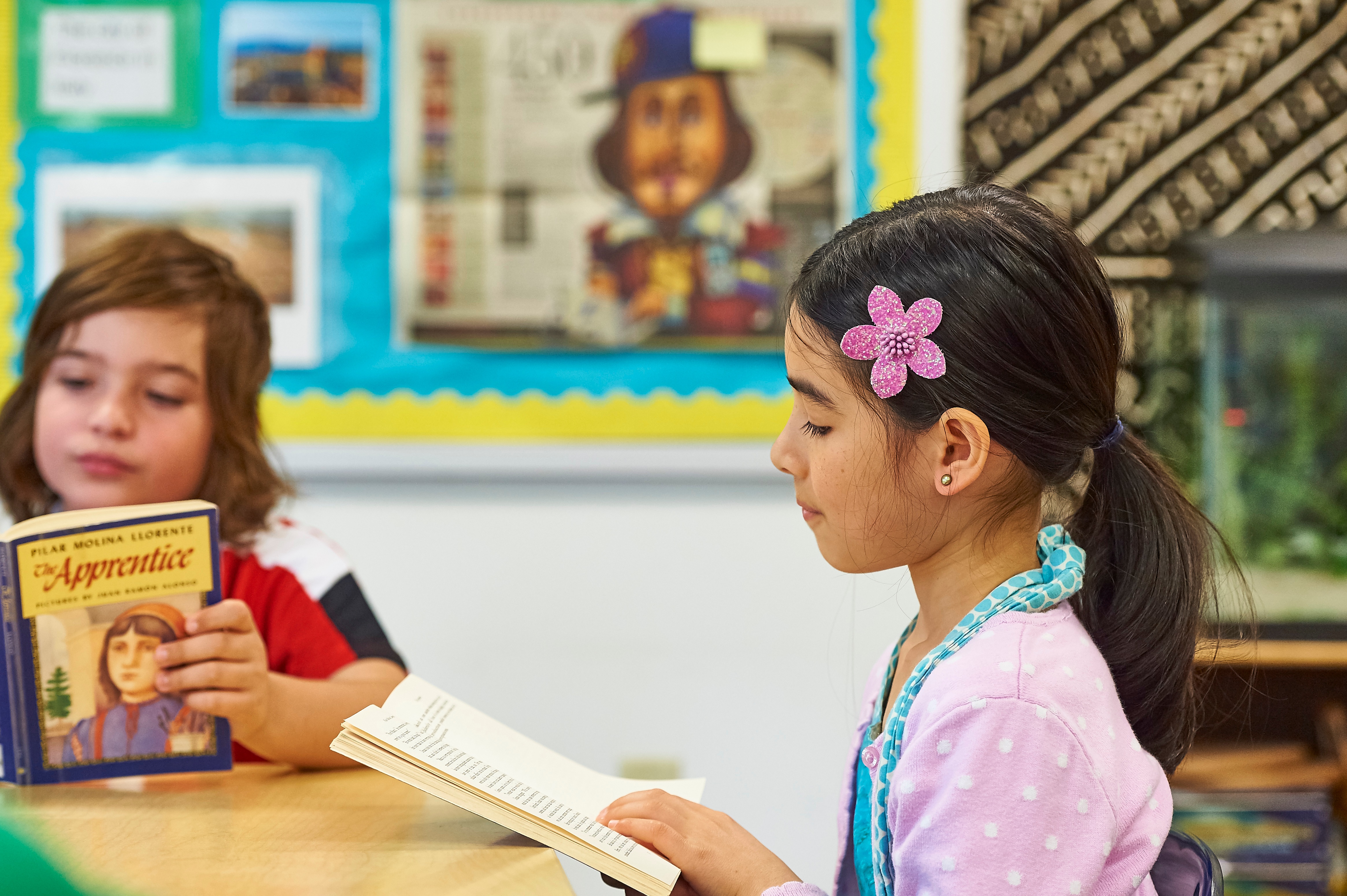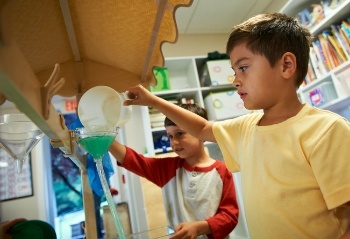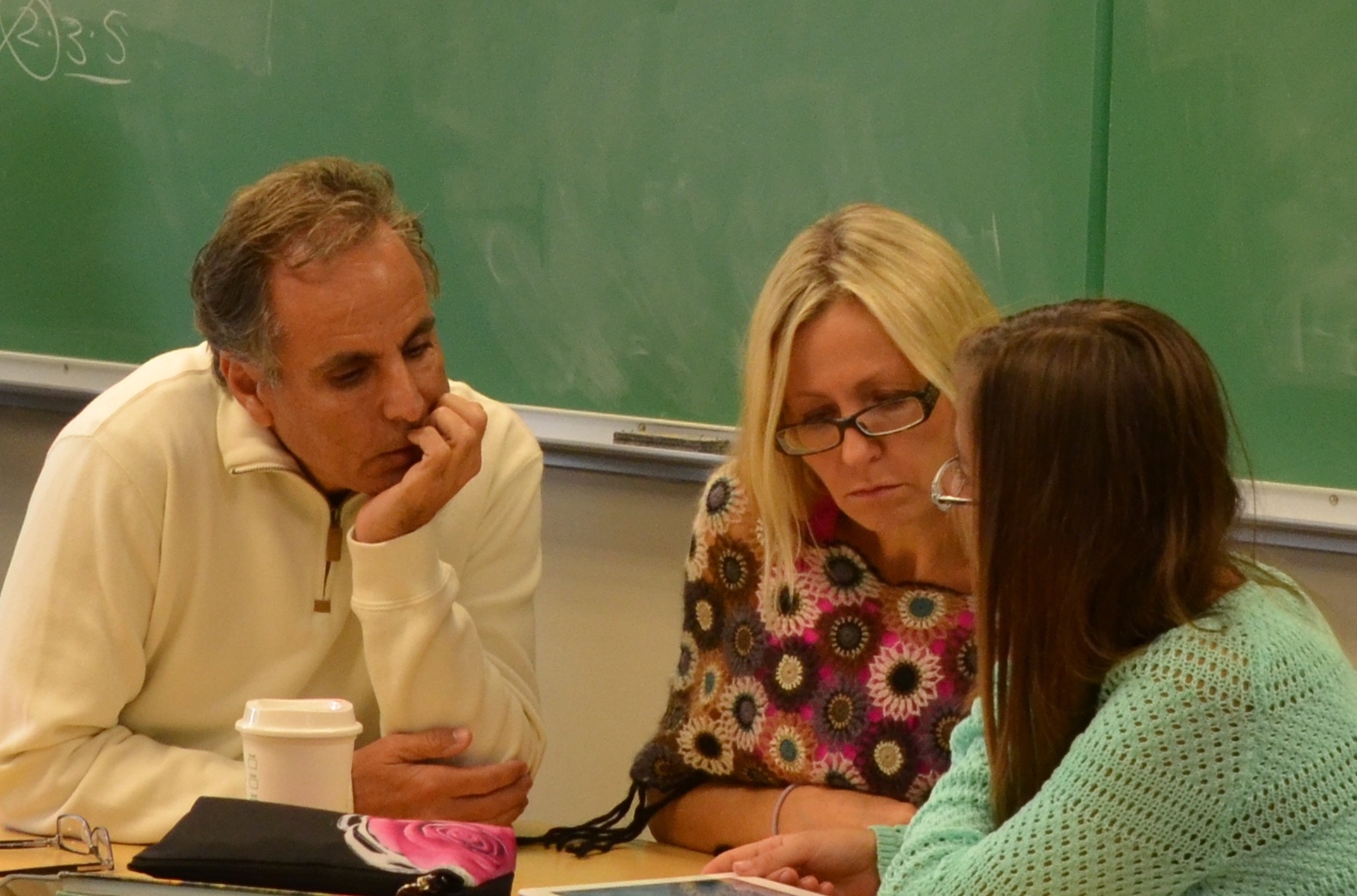There are many advantages to getting older, and I am actually a big fan of this, my fifth, decade because I can boldly say, “In over 30 years of working with teenagers...” and feel like I finally have the expertise to express opinions without any official statistics. So, here goes: In my 30 years of working with teenagers, I have found they often feel annoyed by their parents’ insistence that they “know them.” There are two themes that run through this resentment. The first is how counter this feels to the adolescent need for privacy and separation from their parents. The second is how rapidly teenagers change their minds, their interests, their direction, their values, their persona, and even their personality.
Topics: Raising Resilient, Healthy Teens, Communication and Children
Election seasons are good opportunities for conversations about democracy and politics with your children. As your family talks about the upcoming election, consider children's books that answer questions about a complicated process, provide open discussion about the importance of voting, or offer a light-hearted look at the office of the President. Here are a few suggestions for your family :
So You Want to be President, by Judith St. George, was the 2001 Caldecott Winner, with watercolor illustrations by David Small. This book has been updated and revised several times and includes information about each president, accompanied by Small’s wonderful artwork. All ages.
Topics: Help with learning, Communication and Children, Inspiring the Best in Kids
In a recent survey conducted by the Southern Poverty Law Center, over 2000 preK-12 teachers indicated that the current political campaign is having a disturbing impact on our children. They reported observing an increase in anti-Muslim or anti-immigrant sentiment, an increase in uncivil discourse, and a rise in sadness and fear.
We have a teachable moment this fall, an opportunity to create a different kind of dialogue in which we can talk about issues, and feelings, with empathy and respect; to practice the kindness and dignity we’re not always seeing in the world around us. Westtown has long practiced this kind of teaching, learning, and listening, focused on finding common ground and the common good.
Topics: Communication and Children, Inspiring the Best in Kids
As parents, we are quick to see the problems in our day-to-day life and even quicker to articulate a solution or how something should be done. And yet, when we point out the problem and the solution all in one breath, we are getting in the way of our children developing the skill of identifying problems. To find solutions, one first has to recognize there is a problem. We want our children to be problem identifiers and problem solvers.
Topics: Communication and Children, Inspiring the Best in Kids
Stories are powerful tools for communicating the values of a culture and the experiences of others. In this post, I am offering books that explore our differences, similarities, and our common humanity. These books attempt to answer the big questions about human rights, hearts and minds. I have selected titles that celebrate being an individual but also raise up the importance of seeing the light in others. They are powerful stories for a family discussion, but I have also selected them for their literary and/or artistic merit. I hope they will find a place in the heart of your family this winter.
Topics: Communication and Children, Raising Resilient Lower and Middle Schoolers, Inspiring the Best in Kids
No question, our children are precious and we want the best for them. Grades, athletics, community service, and test scores are all important, especially when considering college admission. Important but urgent? Life-or-death? Make or break? No way.
I am the Dean of Students at a competitive independent school where college is most definitely the end point of high school, and not just any college, but a “good” college according to the new experts, Mr. Forbes and Ms. US News and World Report. I am here to suggest that we, as parents, need to step back, take a few cleansing breaths, and relax. Anyone who has weathered a real crisis, the kind where you lose your job and have no money in the bank, or the sort that rubs up against near death, or even worse, death, and suddenly worrying about about an SAT score, or an 82 versus a 92, seems like a luxury of the mink coat variety.
Here are four reasons to encourage the use of perspective when considering your teenager’s high school experience:
Topics: Raising Resilient, Healthy Teens, Communication and Children
Parent Teacher Conferences: What Parents Can Do To Prepare
Posted by Kristin Crawford on October 7, 2015
Anticipation of conferences with teachers creates a whole range of feelings for parents: nervousness, excitement, curiosity, uncertainty. The most successful conferences are based on dialogue – a back and forth of sharing what the teacher and the parent know and hope for the child. You, as the parent, know the child as no one else. You are the advocate, the realist, and the holder of aspirations.
The teacher knows the child as a learner. How does s/he approach the tasks of learning? How does the child learn and play within a community of other children? The parent sees the child as one, and the teacher sees the child as a unique one in relation to many other children. When those two perspectives are combined, the strongest partnership between home and school can be built.
Topics: Communication and Children, Inspiring the Best in Kids
Tips on Reading a Report Card Without Freaking Out: What to do when your Child isn't Succeeding in School
Posted by Linda Rosenberg McGuire on April 30, 2015
Naturally, when our children are in high school, we are focused on academic achievement. After all, grades begin to count for college and parents are abuzz with nervous anticipation about whether or not their child has what it takes to be accepted into a “good” college. However, two issues may arise that create tension for parents and their teens.
Topics: Communication and Children
Explaining tough topics to our children can be world-shifting moments for them, and as parents we have to be careful to find language that’s appropriate for their ages and sensibilities and that gives them a sense of how they can engage as helpful, caring people. Although we don't want our children to be anxious about the future, we do want them to be part of the solution, not the problem.
Here are some simple ways to discuss climate change with your youngster:
Topics: Communication and Children










